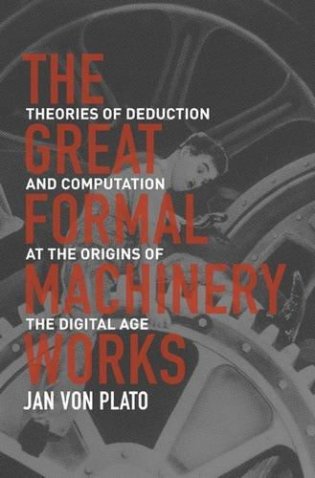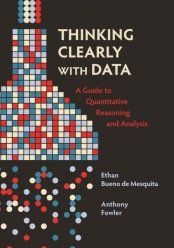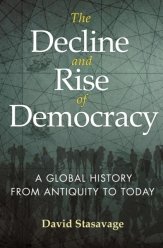The Great Formal Machinery Works: Theories of Deduction and Computation at the Origins of the Digital Age
310.95 BYN
279.86
BYN
Доставка в Минск:
13 Февраля (Пт) - 16 Февраля (Пн)
Доставка в регионы:
19 Февраля (Чт) - 23 Февраля (Пн)
Артикул
3063541
Издательство
Тип обложки
твердый переплет
Автор
Штрих код
9780691174174
Год
2017
Страниц
392
Томов
1
Размеры
229x152 мм
Вес
548 гр.
Импортер
ООО «Абрис-Бел». 220112, РБ, г. Минск, ул. Cырокомли 7-167

















Будьте первыми, кто оставит отзыв!